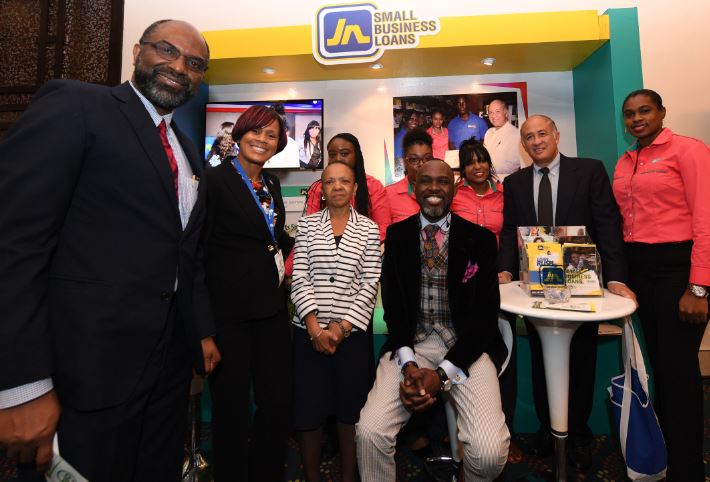Founded in 1874 on the concept of a social enterprise, the Jamaica National Building Society (JNBS), through its philanthropic arm, the JN Foundation, has channeled its vision to propel the social enterprise sector in Jamaica as a significant contributor to socio-economic development.
The financial institution, which converted to JN Bank on February 1, continues to place emphasis on maintaining and growing its member base, who share in the ownership of the institution, benefit from competitive products and service offerings, as well as philanthropic efforts aimed at building communities and empowering Jamaicans.
Demonstrating its vision and belief in the impact of social enterprises on a country’s economic outcome, after launching the Social Enterprise Boost Initiative (SEBI) in 2013, with funding from the United States Agency for International Development (USAID), the JN Foundation has solidified and created opportunities for social business ventures to become sustainable enterprises, while serving their social missions.
Eight social enterprises generated more than $37 million in revenue during the first phase of a three-year pilot. And with a current incubator comprising 21 social pioneers, Opal Whyte, project manager, of SEBI, said the programme has yielded positive results, which have significantly increased the visibility and growth of the sector.
Speaking at the opening ceremony of the SEBI Summit at Jamaica Pegasus on Monday, January 30, Whyte emphasised the role of social enterprises in creating avenues for many groups including those living with a disability, those marginalised in underserved communities and others.
SOCIAL CHANGE
“Through SEBI, we are investing in social missions and long-term change. We are working to create an enabling environment for social enterprises to finance and grow their business, as well as increase the number of people they serve in their respective communities.”
Referring to the current batch of SEBI participants as “innovators”, Whyte revealed that 30 per cent of the enterprises in the incubator are “owned and operated by persons living with a disability”.
“Young deaf men are gainfully employed and affirming their identities and role in society. We also have change-makers who are transforming their mobility challenges into a business, which provides mobility impaired services and consultation to access buildings.”
Encouraging support for the social sector, the SEBI advocate emphasised the need for buy-in from the wider society to further boost the sector.
See the original article here!




